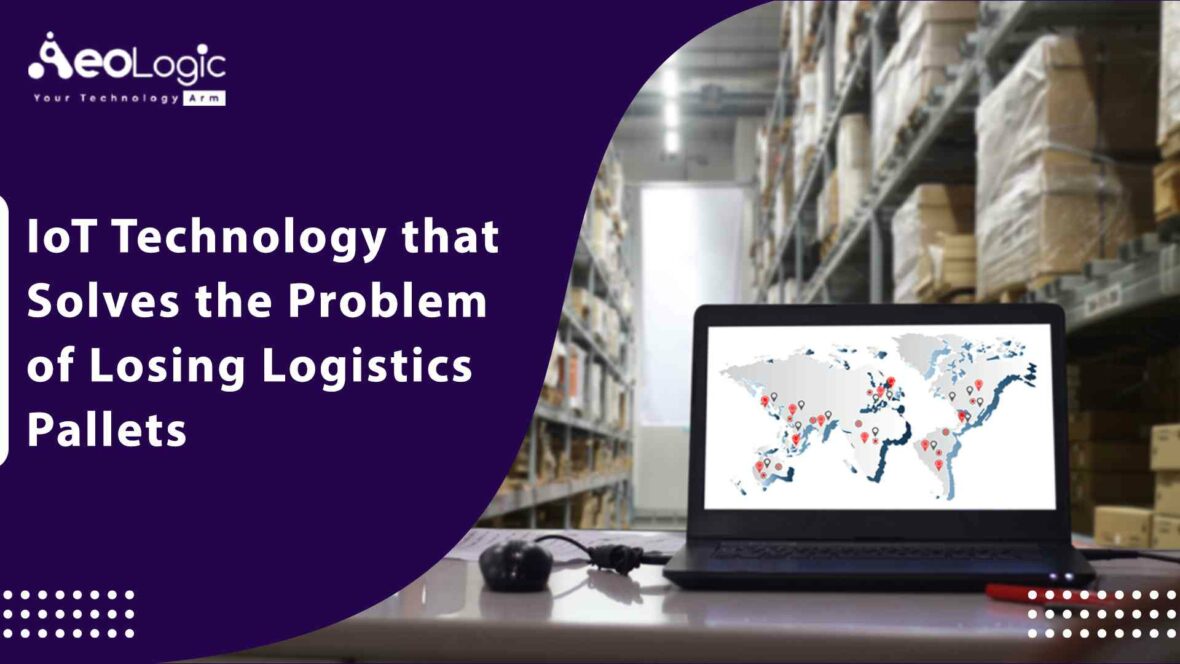Internet of things technology enables the use of smart sensors that can be used to track shipments in order to increase productivity. This tracking is done in highly competitive environments for the shippers. You have independence in shipping lines in transporters and the shippers, you choose the flow that you want to track within the geographical scope of the network coverage.
Internet Of Things And Supply Chain Management
Digital disruptions continue to grow at an astonishing speed with manufacturers in startups developing more connected intelligent products and services. Bringing these products to the marketplace needs one thing in common: an efficient supply chain system.
The supply chain influences a company’s time to market; it also has a critical impact on asset velocity as it is linked to inventories.
The digitized internet of things enabled supply chain can be used to boost efficiencies, save cost and increase asset velocity through enhanced transparency, visibility, and insights.
Supply Chain
One of the things that supply chains have always focused on is their costs, but nowadays with sensors and the ability to actually monitor goods in a supply chain, we can look at the balance sheet much more effectively.
Many business people across the globe have stated that a digitized supply chain not only drives productivity and improvement but also promotes transparency and traceability through the smart census.
The Internet of Things Sensors
The internet of things smart sensors in logistics across the floor enables you to measure activity in manufacturing and once you measure it you can start drawing data. The captured data gives you the opportunity to really start drawing on the insights.
IoT offers a cognitive system that learns from and infuses intelligence into the physical supply chain world to ensure product reliability and even save lives.
The future success of companies in industries is indeed heavily dependent on a digitized real-time supply chain. The intelligence supply chain in the smarter world that’s coming is going to create great leaps in terms of productivity.
The Benefits of Internet of Things IoT Sensors
- If your business often transports cargo or products throughout your supply chain you know that you need to keep the condition of your shipment in check, missing just one little detail like temperature, tilt, humidity, light, or vibrations that can cost you a huge amount in fees and penalties.
- In order to avoid that you need to achieve complete supply chain visibility and make sure your cargo arrives in perfect condition every time, but manual asset tracking is quite hard and mostly unreliable, and buying multiple sensors to keep track of everything can be really expensive. That’s why the use of internet of things technology is advisable.
- Internet of things sensors enable providing you with real-time data about your asset’s location, temperature, humidity, and any certain motions.
- The IoT sensors will make you feel like you are personally overseeing your cargo throughout its entire journey.
- The sensor gets equipped with GPS, WiFi, cellular network 2G, 3G, 4G LTE m, and BIoT so it can provide you with real-time information about the assets wherever they are on the globe.
- With the accurate delivery notes, there will be an improvement in your overall customer service. The IoT sensors for temperature, humidity, shock, vibration, drop, and tilt will update you in real-time if your cargo gets dropped, tilted, or handled in any way.
- The light sensor will update you of any unauthorized door openings and the location feature embedded in many IoT sensors will update you on your shipment’s exact geolocation and the estimated time of arrival.
- The IoT sensor’s condition monitoring capabilities give you the ability to improve quality control while preventing potential damage.
- As it is a single platform hence it is an easy way to stay connected with your entire team and your customers it enables multiple solutions across all of your communication devices.
- IoT sensors leverage the cloud to update you about your assets and wherever they are land, sea, or air.
- In addition, it can connect to the vehicle’s onboard computer. This data can be accessed by your employees via the web or mobile applications. Access right to collectors’ information and generator reports can be limited.
Conclusion
To sum up, Internet of Things technology has solved all the major and minor problems of the logistics industry. The IoT sensors used in logistics are taking the supply chain industry’s productivity to the next level. The age of intelligence has arrived and surviving disruption will require creating it.
Are you looking to implement the Internet of Things into your logistics business? If yes so please feel free to contact us at support@aeologic.com
We can also customize the sensors according to your needs giving you the ability of personal alerts with regards to compliance with rules and regulations from country to country and state to state.






